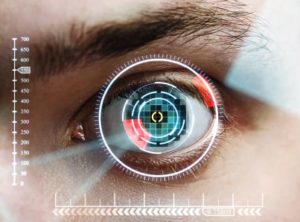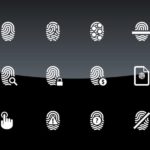
IrisGuard has attained an important distinction in the biometrics industry: compliance with the ISO 30107-3 standard for presentation attack detection, as per iBeta testing. The company attained compliance with respect to its EyePay android phone app and EyeCloud processing system.
Presentation attacks – commonly known as ‘spoofing’ attacks – are increasingly considered to be one of the major security threats facing biometric systems. Presentation attack detection (PAD) systems – generally referred to as ‘liveness detection’ systems – are designed to spot the signs of phoney credentials such as latex masks, silicon fingerprints, and hi-res printouts of an image of an authorized user’s eyes, for example.
iBeta, for its part, is the world’s only NIST NVLAP accredited laboratory that evaluates PAD systems with respect to the ISO 30107-3 standard, with just a small handful of biometrics specialists having passed its rigorous testing programs.
For its part, IrisGuard was already an established, high-profile iris recognition specialist before its success in iBeta testing, with its technology even being used by the United Nations’ refugee agency in the delivery of financial aid to displaced persons. The company says its EyePay platform currently serves more than 2.5 million beneficiaries worldwide.
Commenting on the iBeta success in a statement, IrisGuard Director of Engineering Andrew Holland suggested that it could help to further fuel the company’s growth in financial services and economic inclusion. “Whilst our fixed-station images have held worldwide patents since 2011 for innovative PAD detection methods, we are delighted that our independently certified EyePay Phone AI-based PAD detection brings the same quality protection to our mobile customers, complementing our secure expansion into mobile money and financial inclusion,” he said.
–
June 1, 2020 – by Alex Perala







Follow Us